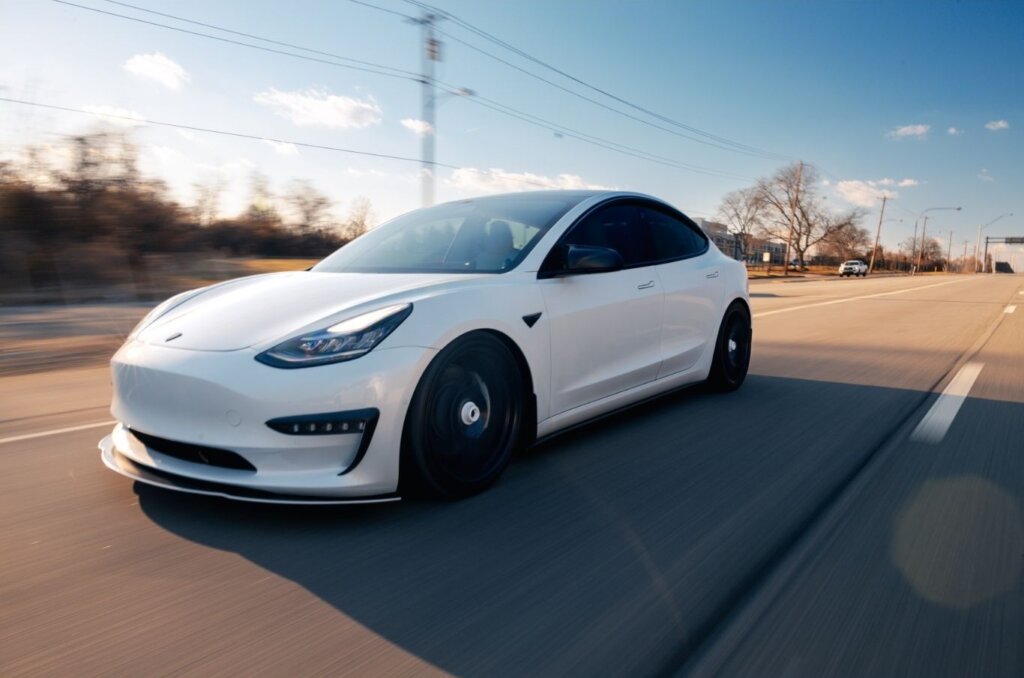Tesla, a name synonymous with innovation, has been at the forefront of revolutionizing the automotive industry. With their cutting-edge electric vehicles and groundbreaking technology, Tesla has transformed the way we perceive transportation. In this article, we will take a journey through the history of Tesla, exploring their early beginnings, iconic models, technological advancements, and their impact on the automotive industry as a whole.
Early beginnings: The story of Tesla’s founder, Elon Musk
To truly understand the rise of Tesla, we must first delve into the fascinating story of its founder, Elon Musk. Born in South Africa, Musk had a keen interest in technology and innovation from a young age. After co-founding PayPal, he set his sights on revolutionizing the transportation industry. In 2003, Musk founded Tesla Motors with the vision of creating sustainable, electric vehicles that would rival traditional gasoline-powered cars.
The birth of the Roadster: Tesla’s first electric sports car
In 2008, Tesla unveiled their first production car, the Roadster. This all-electric sports car was a game-changer, showcasing the immense potential of electric vehicles. With a range of over 200 miles and impressive acceleration, the Roadster shattered the preconceived notions that electric cars were slow and impractical. It was the beginning of a new era in the automotive industry, where sustainability and high performance could coexist.
The Model S: A game-changer in the electric vehicle market
Building on the success of the Roadster, Tesla introduced the Model S in 2012. This luxury electric sedan quickly gained recognition for its sleek design, impressive range, and advanced features. The Model S proved that electric vehicles could not only be environmentally friendly but also offer superior performance and comfort. With its innovative touchscreen interface and over-the-air software updates, Tesla set a new standard for the automotive industry.
Tesla’s Autopilot technology: Redefining the concept of self-driving cars
One of Tesla’s most groundbreaking innovations is their Autopilot technology. Introduced in 2014, Autopilot enables Tesla vehicles to navigate and drive semi-autonomously. Through a combination of cameras, sensors, and advanced algorithms, Tesla cars can handle tasks such as lane changing, parking, and even summoning the vehicle. While the technology is not fully autonomous, it represents a significant step towards a future where self-driving cars are the norm.
The Gigafactory: Revolutionizing battery production and sustainability
In 2016, Tesla opened the doors to their Gigafactory, a massive facility dedicated to the production of batteries for their electric vehicles. This state-of-the-art factory not only increased Tesla’s production capabilities but also played a crucial role in driving down the cost of batteries. By producing batteries at such a large scale, Tesla was able to make electric vehicles more affordable and accelerate the transition to sustainable transportation.
The Model 3: Making electric vehicles more accessible to the masses
With the launch of the Model 3 in 2017, Tesla took a giant leap towards their mission of making electric vehicles accessible to the masses. Priced significantly lower than their previous models, the Model 3 garnered widespread attention and demand. Its sleek design, impressive range, and advanced features made electric vehicles more attainable for a broader audience. The Model 3 became the best-selling electric car worldwide and solidified Tesla’s position as a leader in the industry.
Tesla’s impact on the automotive industry and its competitors
Tesla’s success has had a profound impact on the automotive industry as a whole. Their relentless pursuit of innovation and sustainable transportation has forced traditional automakers to take notice and invest heavily in electric vehicle technology. Companies like General Motors, Volkswagen, and BMW have all made significant strides in the electric vehicle market, largely inspired by Tesla’s success. The competition has intensified, leading to more affordable electric vehicles and a greater emphasis on sustainability within the industry.
The future of Tesla: Upcoming models and technological advancements
As Tesla continues to push the boundaries of what is possible in the automotive industry, the future looks incredibly promising. With the upcoming release of models such as the Cybertruck, Tesla is poised to further disrupt the market with their unique design and advanced features. Additionally, Tesla’s ongoing research and development in battery technology, autonomous driving, and renewable energy solutions promise even more exciting advancements in the years to come.
Tesla’s role in shaping the future of transportation
In conclusion, Tesla has undeniably played a significant role in revolutionizing the automotive industry. Through their visionary leadership, groundbreaking technology, and relentless pursuit of sustainable transportation, Tesla has challenged the status quo and paved the way for a future where electric vehicles dominate the roads. As we embark on this journey towards a greener and more efficient transportation system, it is clear that Tesla will continue to lead the way, shaping the future of transportation for generations to come.





